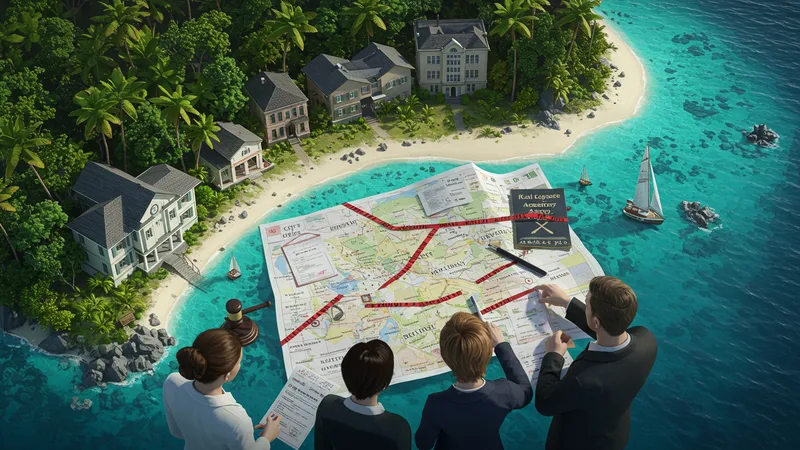
Own A Slice Of An Island: Private Island Listings
The Legal Maze of Island Ownership
While the idyllic prospect of owning an island is appealing, navigating the legal intricacies can be daunting. Every island lies within a country’s jurisdiction, and understanding property rights, taxes, and local laws is pivotal. Legal hurdles can vary widely depending on location, some posing unexpected challenges.

Shockingly, some islands have dual ownership structures—surface rights and subsoil rights. If you’re not careful, you might end up purchasing rights that limit development or, worse, sharing ownership with the local government or businesses. The devil truly is in the details with island real estate.
Also, international buyers often face additional restrictions compared to locals, especially in regions seeking to protect native land rights. Knowledgeable legal counsel specializing in maritime and island laws is indispensable in these transactions. But the complexities don’t end there.
Moreover, the dream of building a cozy beachside villa could be thwarted by stringent environmental regulations. Certain islands may impose restrictions to safeguard ecosystems, meaning obtaining building permits could become an arduous process fraught with red tape.